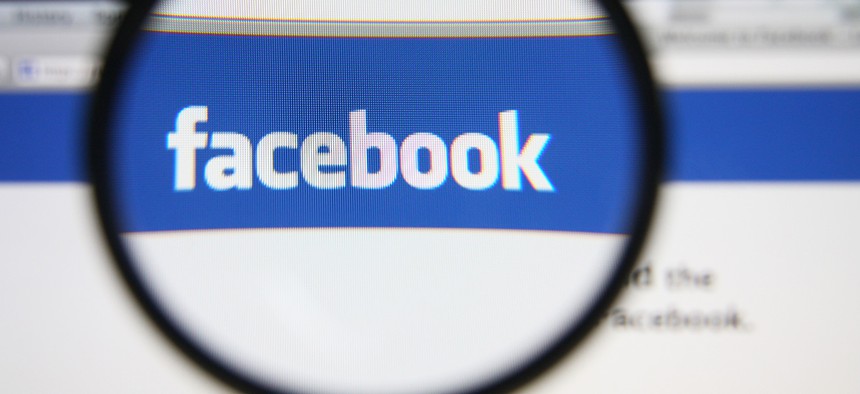Can Somebody Please Tell Facebook's Algorithm Hillary Lost?

Gil C/Shutterstock.com
Hopeful pre-election selfies are still high up in news feeds, even after Clinton’s defeat.
My Facebook feed, on election day, was a study in contrasts. There were “Make America Great Again” hats on one side and primary-colored pantsuits on the other. The Hillary Clinton supporters in my feed, many of them women, were especially pronounced. For one thing, there are a lot of them. And many of the Clinton supporters I know clearly felt compelled to share what Nov. 8 meant to them: They often appeared in selfie form, grinning and wearing “I Voted” stickers, ready to watch history affirm what all little girls are told: A woman can be president. A woman will be president. Someday.
It hasn’t happened yet. After Hillary Clinton’s defeat in the 2016 presidential race, American women are back to wondering whether a woman will be elected president in their lifetimes. And Facebook, resistant as ever to acknowledging its role as the world’s most powerful media company, hasn’t exactly caught up with the news.
The result: My Facebook feed this morning is a disorienting mesh of hope and anguish. It’s still filled with so many of those pantsuit selfies—along with the Clinton-supporting dads who took their daughters to the polls to witness history, and even the guy who found in his closet the nearest approximation of a Clintonesque pantsuit to wear to work yesterday—all mixed in with stunned reactions to the outcome of the race. (The Trump supporters I know have been mostly, though not entirely, restrained in their Facebook celebrating.)
This is because Facebook doesn’t rely on chronology or newsworthiness to determine what tops your feed. Any given Facebook post is prominent in large part because of how much engagement it has already gotten. (See also: the writer Katie Notopoulos’s case study involving Facebook and overnight oats.)
So when a friend’s smiling, pro-Clinton voting selfie gets 83 likes, that image might linger high up in your feed for days—despite her subsequent posts about disappointment with the outcome of the election, or another friend’s post about binge-watching "Lord of the Rings" clips as a post-election coping mechanism, or any other newer updates for that matter. (Instagram, too, is a mishmash of pre-election and post-election sentiment this way. Even Twitter, still the most real-timey of social publishing platforms, isn’t strictly chronological anymore either.)
Of course, Facebook isn’t just where people overwhelmingly go to find the news. It’s also where they go to process major events. In my feed today, for instance, you’ll find Dalai Lama quotes and anti-anxiety gifs aplenty.
Among the Clinton supporters I know, there is a palpable sense of despair: I see a friend from high school and her husband wearing all black in protest. I see many, many parents of young children describing the agony of breaking the news of the election to them. I see messages of disbelief, sorrow and anger. People are scared.
But then there are the smiling ghosts from yesterday. Scroll past one and two more appear. For every status of mourning, there is another image of yesterday’s hope. They are wearing bright colors and big smiles. And I can’t stop looking at them. Partly because they won’t go away. And maybe they shouldn’t. There they are, staring directly into the camera, challenging us all to remember how things almost went differently, promising that someday they will.





